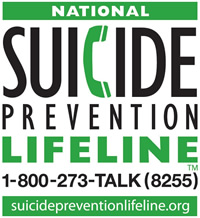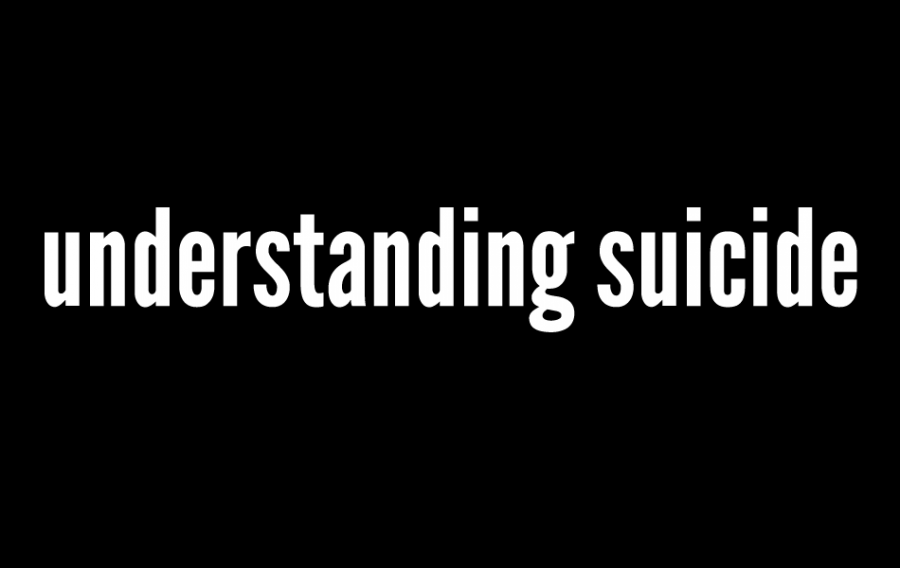Understanding Suicide
September 21, 2016
When someone you know passes away, you learn things you otherwise couldn’t have previously understood. People talk about losing loved ones to illnesses and other natural life processes, but it’s harder to discuss suicide. This is because suicide is extremely personal. Many people at this very school have lost friends and/or family members to suicide, myself included. Som e of the people at this school and in the Rogers community have even struggled with thoughts of and attempts on suicide.
e of the people at this school and in the Rogers community have even struggled with thoughts of and attempts on suicide.
September is suicide awareness month. Suicide is something that we need to talk about. It is, unfortunately, becoming a more common occurrence. According to the World Health Organization, every 40 seconds someone worldwide commits suicide. With that being said, people, in general, need to be more sensitive to suicide. Making suicide jokes and empty threats are not funny and are not okay because it’s similar to The Boy Who Cried Wolf; after so many jokes, people become desensitized to suicide. When someone is actually being serious, the other person may just shrug it off and not take it seriously due to becoming desensitized. Find a better way to make light of the sad situation.
That being said, people need to be more receptive to suicide warning signs. Too many times there are deaths where people say “their passing was unexpected to everyone” when in reality they just didn’t pick up on the warnings. Isolating themselves, being irritable, possessing lethal means, feeling like a burden to others, having drastic changes in mood or behavior, frequently talking about death, struggling with self-harm, engaging in risky activities, making funeral arrangements for themselves, giving their things away, struggling with substance abuse, having a negative self-view, having a sense of hopelessness, and outright making threats on their life are all things a suicidal person may do. Those are the warning signs. That is what we need to pick up on before more people take their lives.
Loved ones are left confused and sad among an array of other feelings that occasionally feels like there is no feeling at all. They’ll spend time participating in suicide awareness events, and they will spend so much time pondering their loss. They’ll wish that they could have done something before it was too late. They will come to understand what I’ve stated in this article and more. Handling the aftermath of a loss to suicide is hard, and everyone takes it differently, which is okay.
Suicide is something that we as a society need to work to better understand, so maybe one day there will be an effective way of preventing it. Keep this article –especially the warning signs — in mind as you go about your day. If you feel this way, or worry someone you know feels this way, please seek professional help. Remember to be kind when confronting this situation with another individual, as it is a personal topic. A way to approach the situation may be: “Hey, I worry about you when you say/post/do things like that. Are you honestly feeling okay?”






